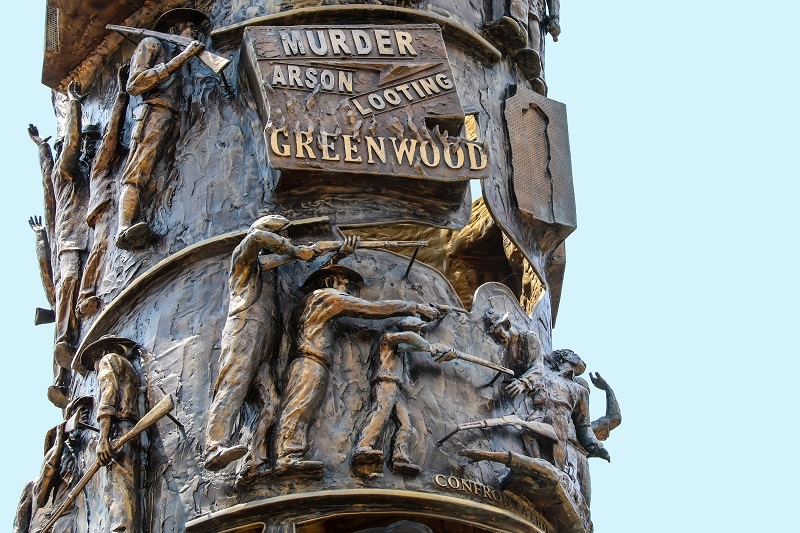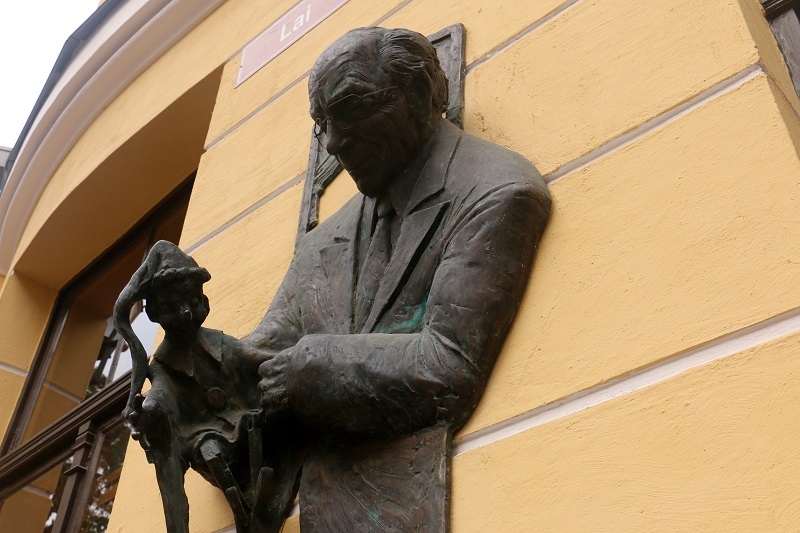
When you think about American history, you probably think of the big stuff - D.C., Lincoln, the Statue of Liberty, etc. But what is really at the core of America are the stories you don't always hear. Stories that are full of feelings, stories about real people, and stories that usually don't make it into textbooks, or even tourist traps.
This blog is dedicated to exploring those interesting, more obscure parts of American history through personal stories, quirky little museums, or stories that become lore and are passed down. These local history stories USA embody the mystery of humanity (possibly the mysteries of each one of us). They embody pride, resilience, and the influence ordinary people have had in proudly shaping a unique American identity in their own ways.
The U.S. is huge, and it's made up of all kinds of different communities, each with its background. These stories get handed down, usually by word of mouth, and that's what we call oral histories USA.
Like, if you go to Appalachia, the families of coal miners can tell you all about the strikes, the mine fires, and what it was like to work down there. You can really feel it when they talk—something you just can't get from facts and figures.
Some history just doesn't make it to the national stage. Not because it's not important, but because it's super local or maybe a little sensitive. However, these forgotten pieces often mean more to communities than big national events.
When we put a spotlight on these things, we're showing the local stories that deserve to be remembered.
Every town has stories that are part true and part made up. These stories might be about monsters, haunted buildings, or lost treasure. Even if they're not totally true, they show you how the people in that place see themselves and how they want others to see them.
These stories aren't just for fun. They're also warnings or a way for people to show pride in their town. They're a big part of the culture around there, and they tell you a lot about what people care about and what they're afraid of.

There are places out there that like to show off the strange and unique stuff that makes America what it is. These museums might not be fancy, but they keep the spirit of those local stories alive.
Some are worth checking out:
These places tell stories that are more than just odd—they show you how everyday life, hobbies, and beliefs make up American cultural heritage.
Untold stories from the USA's past often come from people whose voices weren't heard. Now, through community legends and storytelling, these stories are finally getting the attention they deserve.
For example, Black families in Georgia and Alabama are putting old slave stories online. Also, LGBTQ+ groups in San Francisco are keeping alive the stories of secret clubs that kept them safe in tough times.
These stories make our view of USA history better and make sure everyone is included.
Real people are what history is all about. Things communities do to keep their local history stories USA:
For example, in small towns in Vermont, families have history potlucks. Everyone brings a dish with a story—like a stew from the Depression or recipes from old cookbooks. These events mix food, history, and getting together.
People are also sharing short videos or posts about their family histories online, which is a cool way to tell stories.
National history is great for understanding big things, but local history teaches us about being understanding, strong, and seeing the small things. These stories remind us that:
Whether it’s a family that kept their home during the tough times of the Dust Bowl or a town coming together when a factory closed, these stories teach us to keep going and help each other.
You don’t have to be a historian to learn about your town’s past. Most local history stories in the USA are just waiting for someone to ask.
Think about sharing your own story, too. There are places where people can record their stories so they're not forgotten.
The stories that make up the US aren’t just in books or documents. They’re in old attics, stories people tell, unique museums, and in the hearts of people. By looking into local history stories in the USA, we learn stuff and feel connected to our community.
From untold USA history to the personal stories in each place, there are fascinating things to learn about every place in the United States. So, the next time you think about skipping that little museum or not hearing your neighbor's story, maybe stop and consider giving it a moment.
This content was created by AI